Imran Khan arrest: Pakistan enters ‘uncharted territory’
Incident escalates constitutional crisis that has dragged on since former PM was removed from power
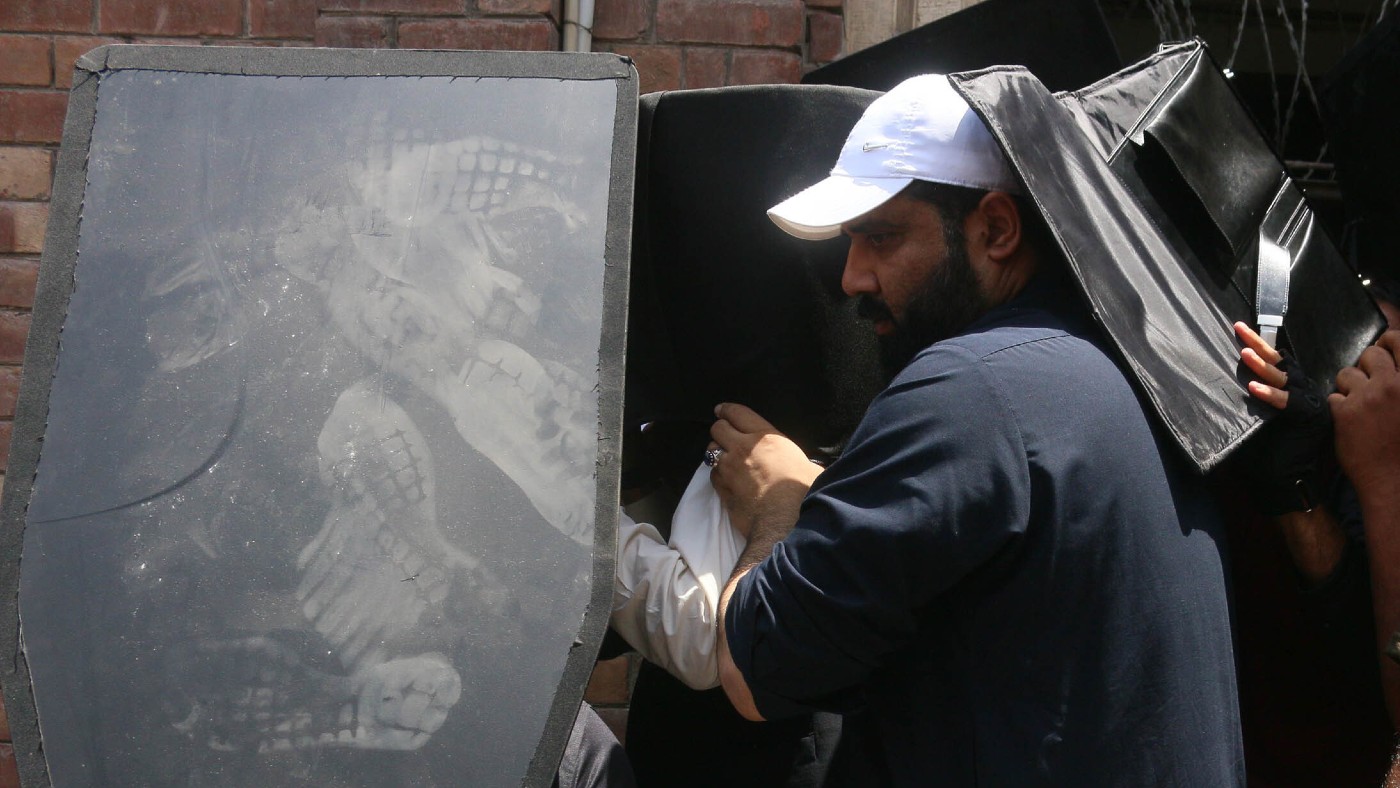
A free daily email with the biggest news stories of the day – and the best features from TheWeek.com
You are now subscribed
Your newsletter sign-up was successful
“Kaha tha Imran Khan ko na chhedna.” If there’s a single slogan that captures the “profound crisis” of the Pakistani state, it is this, said Avinash Paliwal in The Indian Express (Delhi): “We told you, don’t touch Imran Khan.”
Last Tuesday, Khan, the former PM and leader of the opposition Pakistan Tehreek-e-Insaf (PTI) party, was attending court in the capital Islamabad when he was unexpectedly arrested on corruption charges, and dragged into custody by paramilitary police.
The arrest escalated a constitutional crisis that has dragged on since Khan was removed from power in a no-confidence vote in April last year, which he has never accepted. His PTI party reacted by calling for protests, which duly erupted across the nation.
The Week
Escape your echo chamber. Get the facts behind the news, plus analysis from multiple perspectives.

Sign up for The Week's Free Newsletters
From our morning news briefing to a weekly Good News Newsletter, get the best of The Week delivered directly to your inbox.
From our morning news briefing to a weekly Good News Newsletter, get the best of The Week delivered directly to your inbox.
‘Reservoir of rage’
“It was as if a reservoir of rage had burst open,” said Zarrar Khuhro on Al Jazeera (Doha). Public buildings, buses and schools were set ablaze. Protesters attacked the residence of the current PM, Shehbaz Sharif. Even the “strongholds of the powerful military establishment”, usually off-limits to even the angriest of mobs, were targeted. PTI supporters ransacked the official residence of the Lahore army commander, looting everything – furniture, paintings, strawberries, even a peacock – before setting it on fire. In total, more than ten protesters were killed. On Friday, the supreme court ordered Khan’s release, on the grounds that his arrest had been unlawful. He arrived at his home in Lahore in the early hours of Saturday morning and was greeted by thousands of supporters, who danced, set off fireworks and showered his car with rose petals in celebration.
“There should be no doubt that Khan’s arrest had little to do with upholding the constitution and everything to do with fear and intimidation,” said Sarah Eleazar in Dawn (Karachi). Since his removal, Khan has been charged in more than 100 cases – including corruption, terrorism and blasphemy.
It’s “a well-established tradition”, said Farzana Shaikh in The Guardian: “the incarceration of political leaders who fall foul of the country’s all-powerful military”. During his rise to power, Khan had the full support of the military. But that “cosy relationship” fell apart in 2021, because Khan tried to foist his leader of choice on the ISI, Pakistan’s influential military spy agency. The military then turned against him and allowed him to be ousted; Khan became a trenchant critic of the army. On 6 May, he claimed at a rally that the current head of the ISI, Major-General Faisal Naseer, whom he nicknames “Dirty Harry”, was plotting to murder him. He also blames Shehbaz Sharif for an assassination attempt in November, when he was shot in the leg. The problem for Khan’s opponents is that, since last April, his popularity has “soared”. “Few doubt that he would return to power, when or if elections were held.”
‘Irresponsibile and incendiary populist rhetoric’
The way that Khan’s arrest was carried out was “extremely concerning”, said The Nation (Lahore). But he does have a case to answer: he is alleged to have obtained billions of rupees from a real estate firm that laundered the proceeds of crime. And with his “irresponsible and incendiary” populist rhetoric, Khan is only increasing “polarisation across the country and bringing disrepute to the country’s institutions” at a time when it desperately needs stability.
A free daily email with the biggest news stories of the day – and the best features from TheWeek.com
Pakistan’s insitutions were already deep in disrepute, said Shaheer M. Ashraf in The Express Tribune (Lahore). Indeed Khan’s popularity derives directly from the public’s “hatred” for them, exacerbated by a profound economic crisis. Once again, Pakistan’s unstable political system has failed. Its political leaders “have never been strong enough to exert their authority over the military”. But the military is also not powerful enough to rule on its own, and has “required political leaders to provide itself with legitimacy”. Never before, though, has the establishment been challenged as it is now. Many believe that Pakistan is on the brink of revolution. It is certainly “stepping into uncharted territory”.
-
 The Week Unwrapped: Do the Freemasons have too much sway in the police force?
The Week Unwrapped: Do the Freemasons have too much sway in the police force?Podcast Plus, what does the growing popularity of prediction markets mean for the future? And why are UK film and TV workers struggling?
-
 Properties of the week: pretty thatched cottages
Properties of the week: pretty thatched cottagesThe Week Recommends Featuring homes in West Sussex, Dorset and Suffolk
-
 The week’s best photos
The week’s best photosIn Pictures An explosive meal, a carnival of joy, and more
-
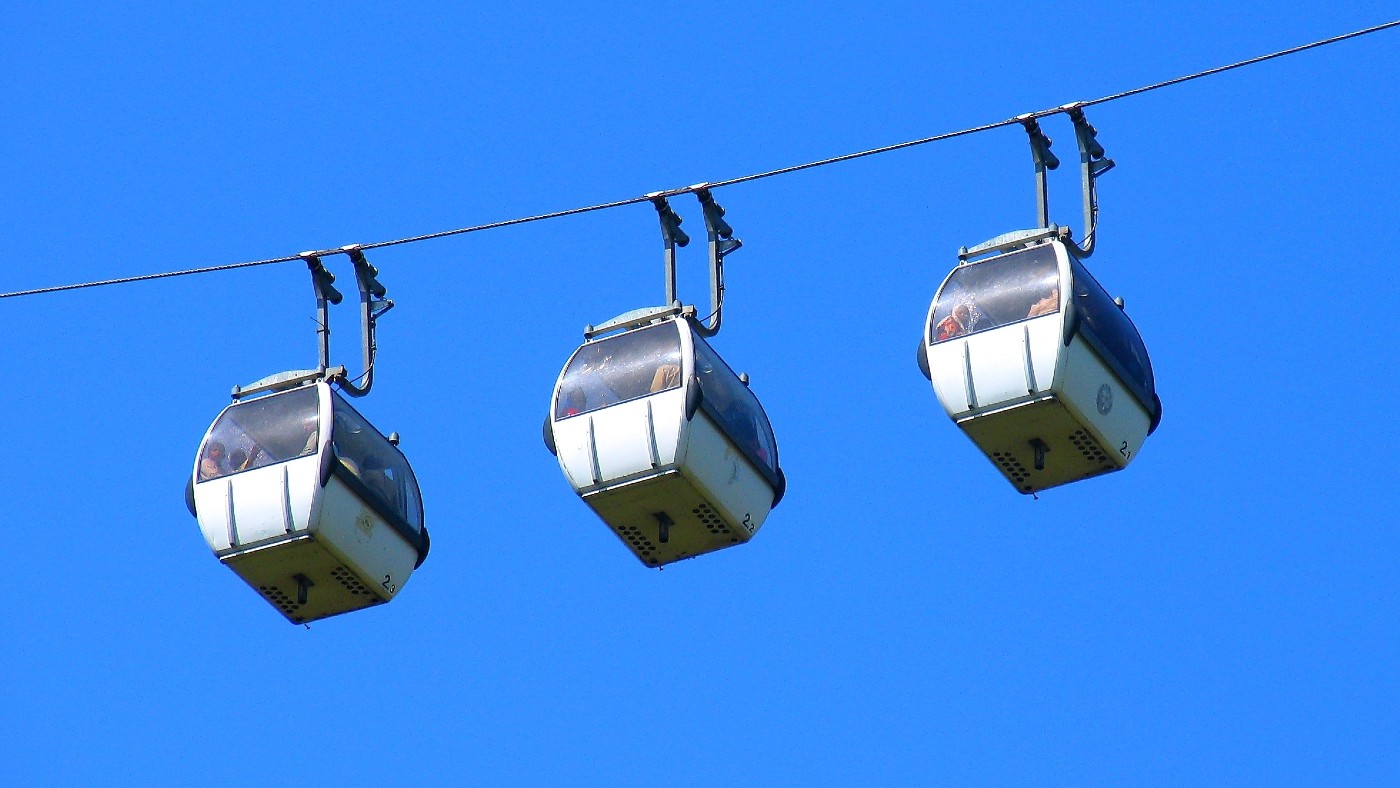 Children trapped 900ft in the air in Pakistani cable car emergency
Children trapped 900ft in the air in Pakistani cable car emergencySpeed Read A helicopter rescue effort has been launched to save the stranded group of eight
-
 Earring lost at sea returned to fisherman after 23 years
Earring lost at sea returned to fisherman after 23 yearsfeature Good news stories from the past seven days
-
 Bully XL dogs: should they be banned?
Bully XL dogs: should they be banned?Talking Point Goverment under pressure to prohibit breed blamed for series of fatal attacks
-
 The spiralling global rice crisis
The spiralling global rice crisisfeature India’s decision to ban exports is starting to have a domino effect around the world
-
 Netanyahu’s reforms: an existential threat to Israel?
Netanyahu’s reforms: an existential threat to Israel?feature The nation is divided over controversial move depriving Israel’s supreme court of the right to override government decisions
-
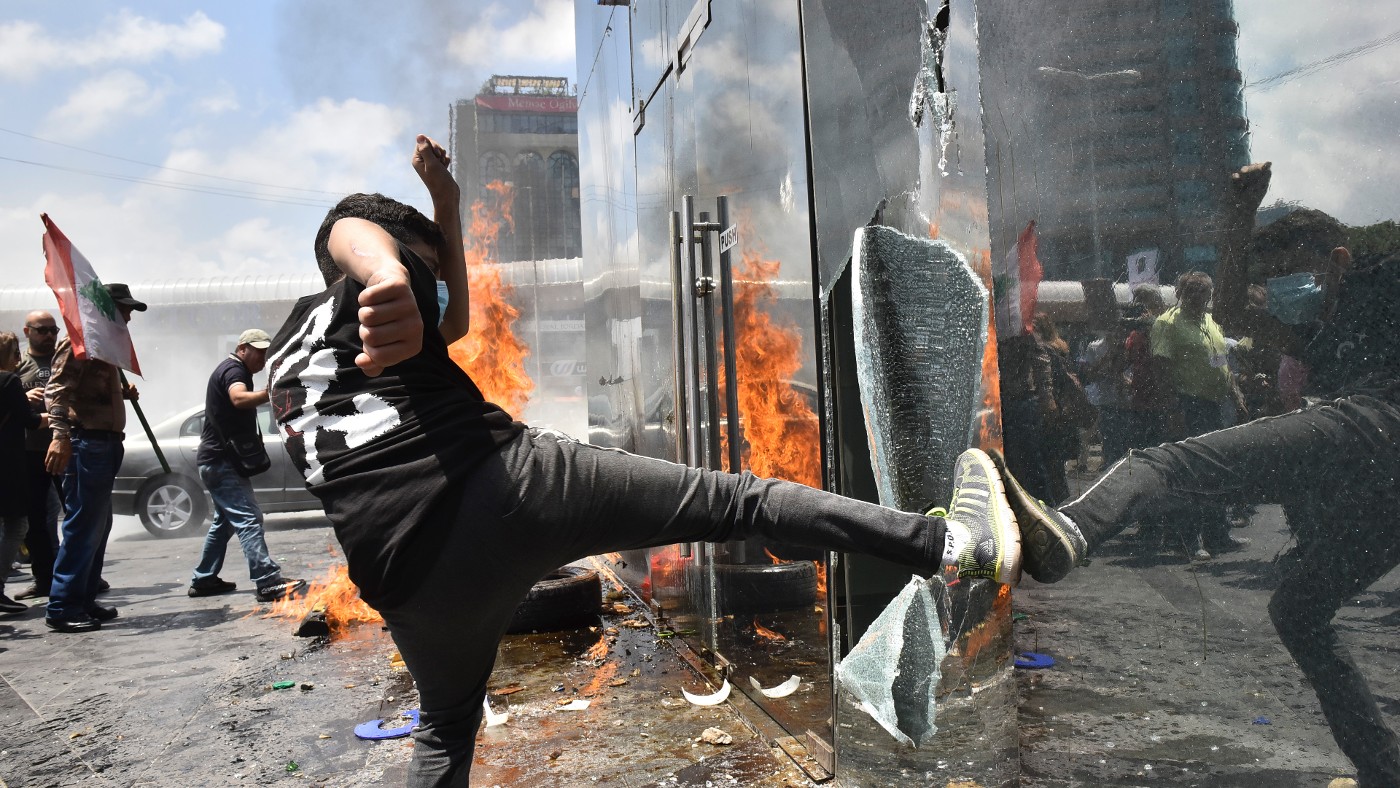 A country still in crisis: Lebanon three years on from Beirut blast
A country still in crisis: Lebanon three years on from Beirut blastfeature Political, economic and criminal dramas are causing a damaging stalemate in the Middle East nation
-
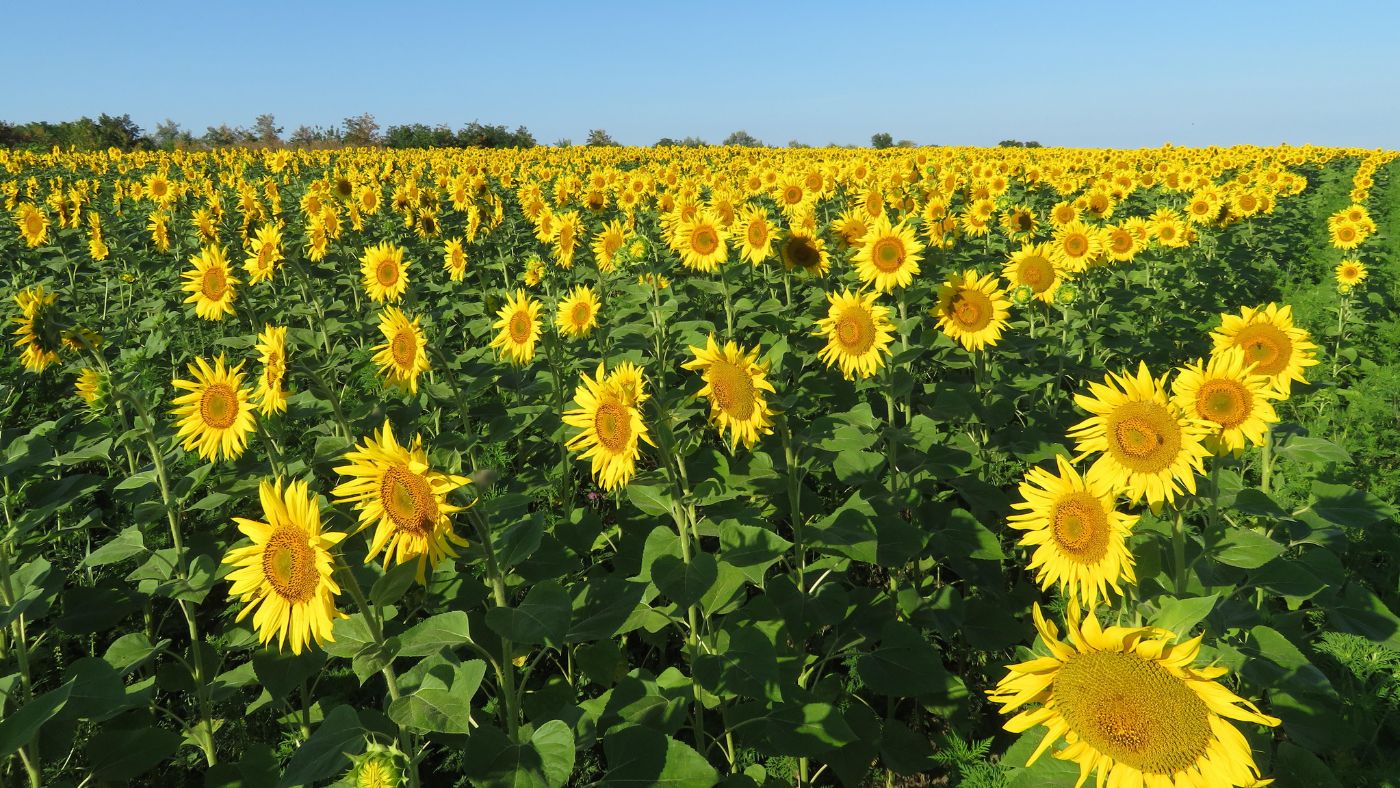 Farmer plants 1.2m sunflowers as present for his wife
Farmer plants 1.2m sunflowers as present for his wifefeature Good news stories from the past seven days
-
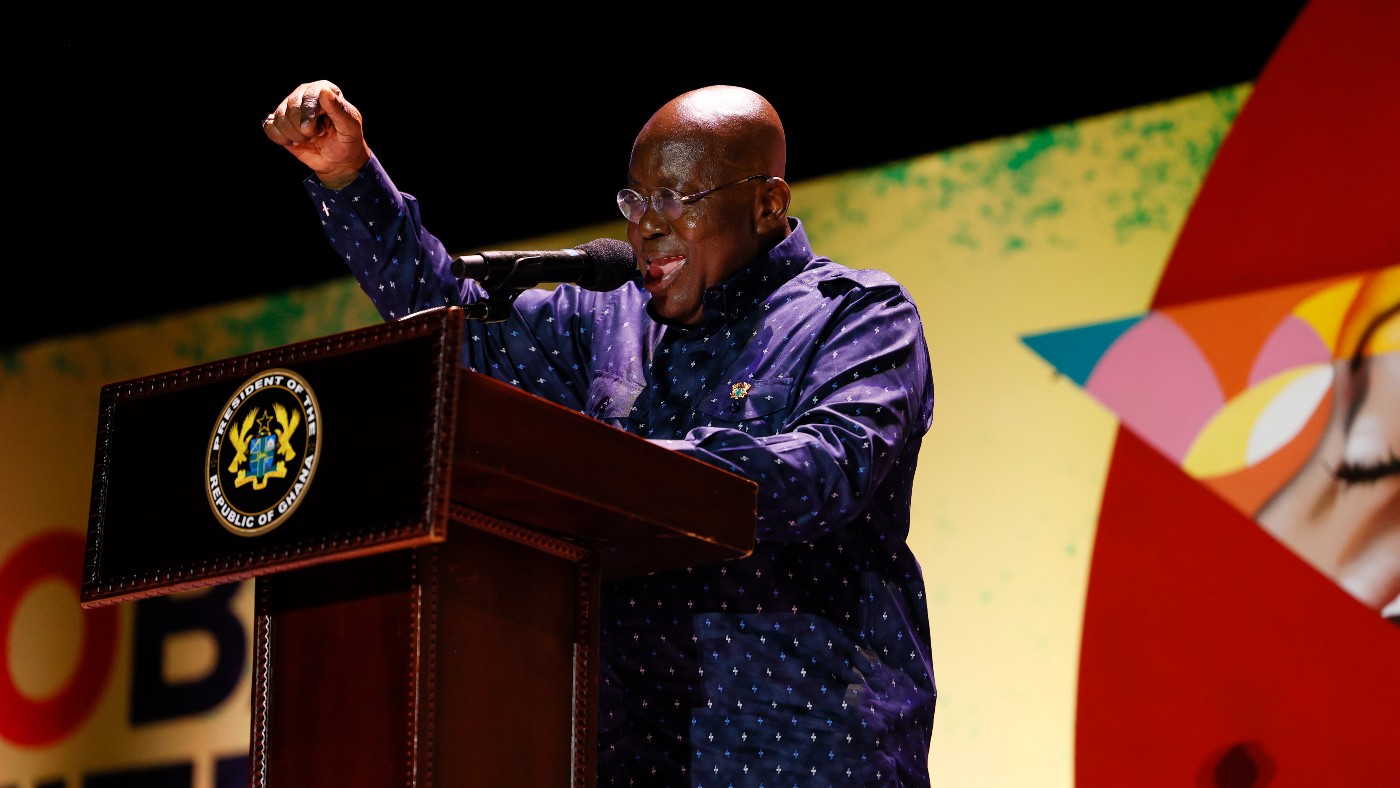 Ghana abolishes the death penalty
Ghana abolishes the death penaltyfeature It joins a growing list of African countries which are turning away from capital punishment